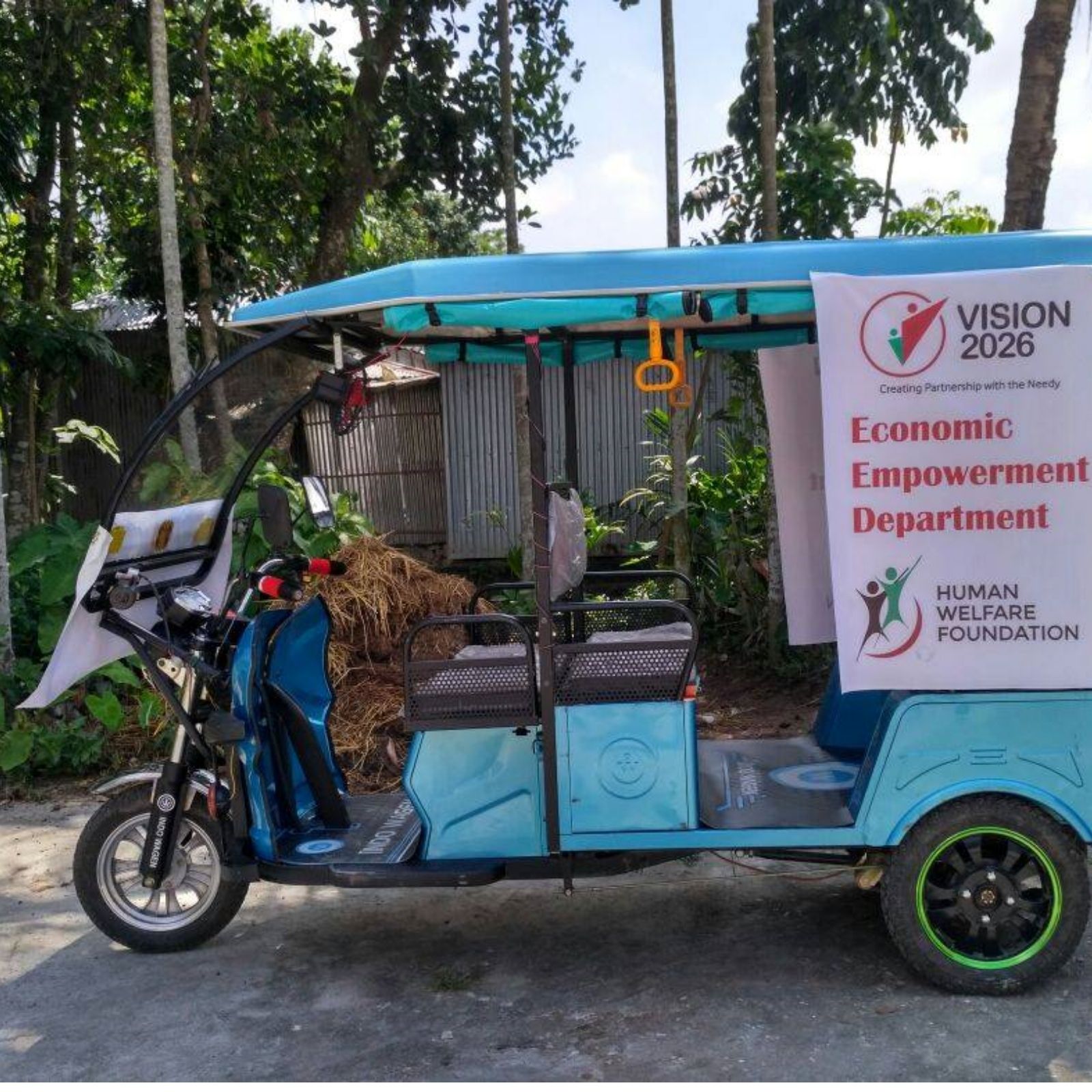
HUMAN WELFARE FOUNDATION
The Human Welfare Foundation (HWF) is a prominent non-governmental organization in India, committed to executing humanitarian and development programs aimed at combatting poverty and alleviating the suffering of individuals. They do so by collaborating with vulnerable communities, irrespective of their faith, caste, gender, or political beliefs. Our mission is to empower the impoverished and those in need to lead self-reliant and sustainable lives in safe and supportive environments. HWF’s work is informed and guided by a set of core values, including accountability, humanity, neutrality, impartiality, inclusiveness, integrity, and cooperation.
HWF operates as an overarching organization with a distinguished board of trustees, comprised of experienced leaders and social change-makers. Over a span of 16 years, we have reached out to more than 20 million beneficiaries in 23 different states across India. This extensive impact was achieved through the implementation of over 6000 projects, in partnership with over 200 local organizations. These initiatives are aligned with and contribute to fulfilling ten of the United Nations’ 17 Sustainable Development Goals (SDGs), underlining the foundation’s significant role in fostering positive change.
HWF’s diverse and comprehensive range of activities underscores it’s commitment to making a lasting and positive impact on the lives of those they serve, aligning with their mission of creating sustainable, self-reliant, and caring communities.







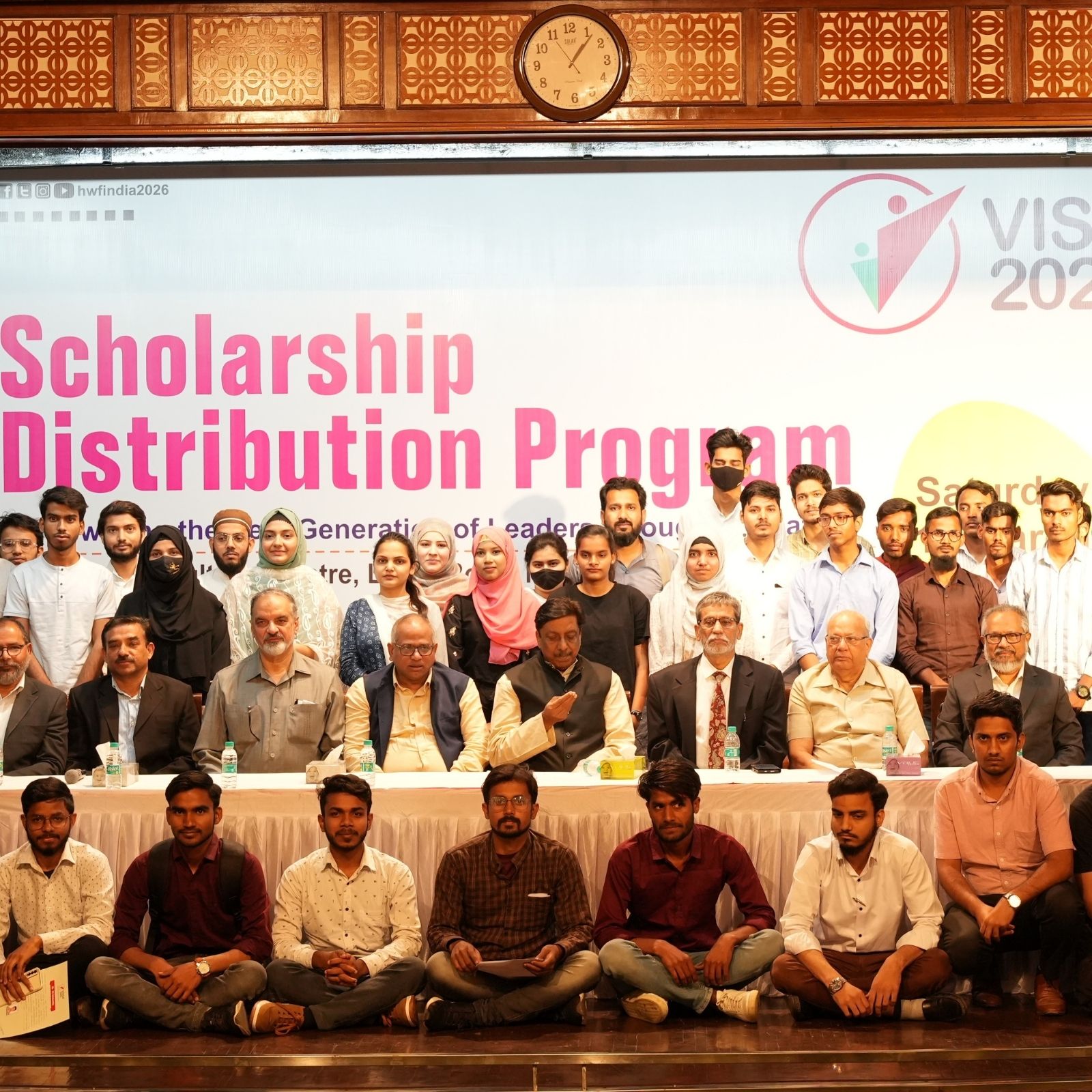

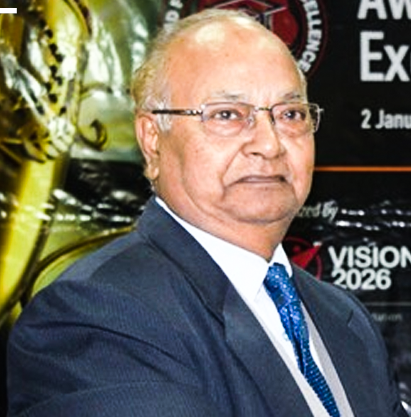
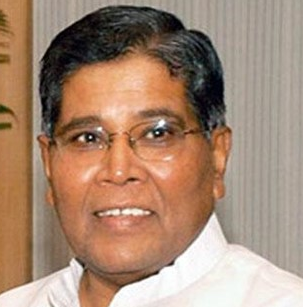
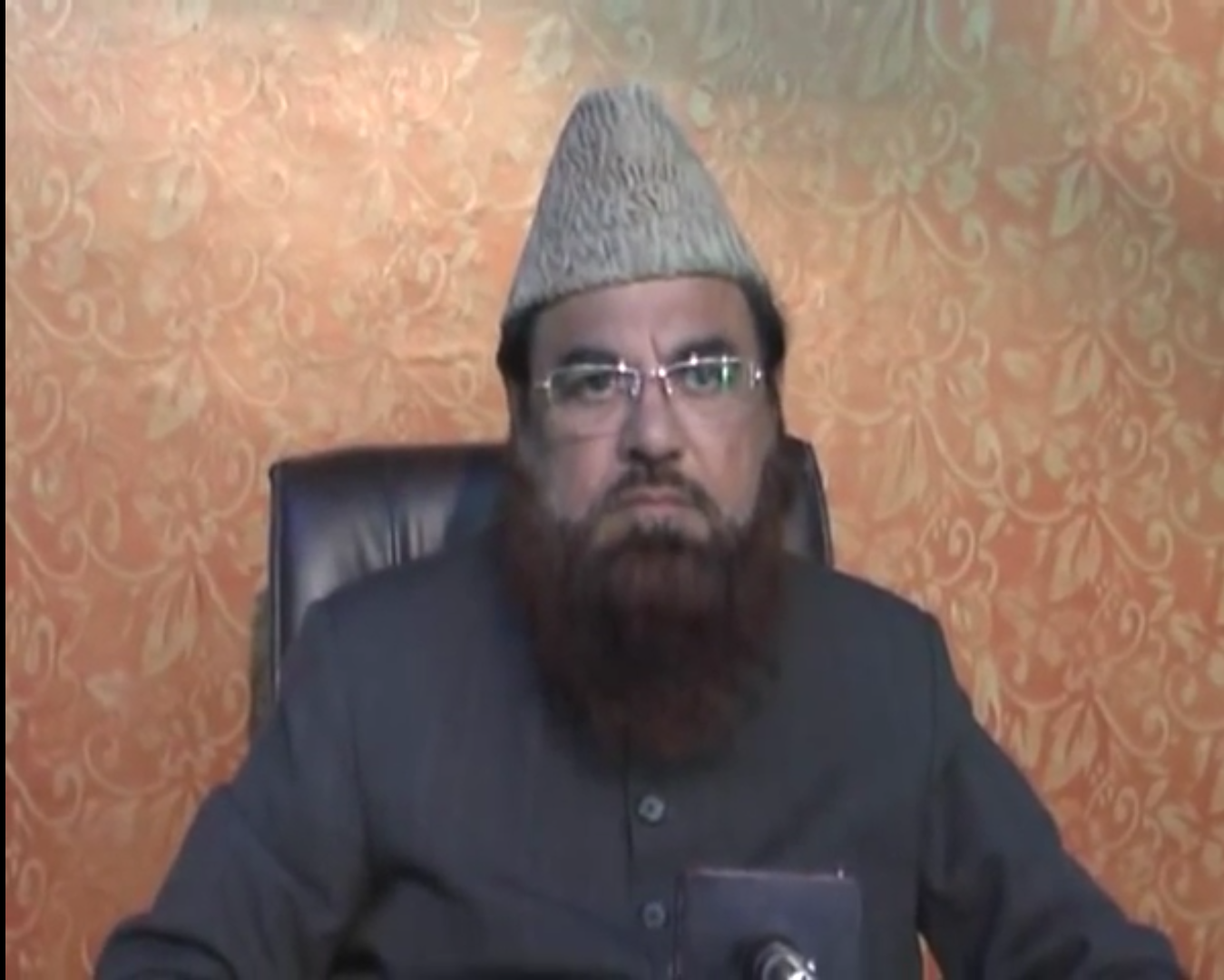

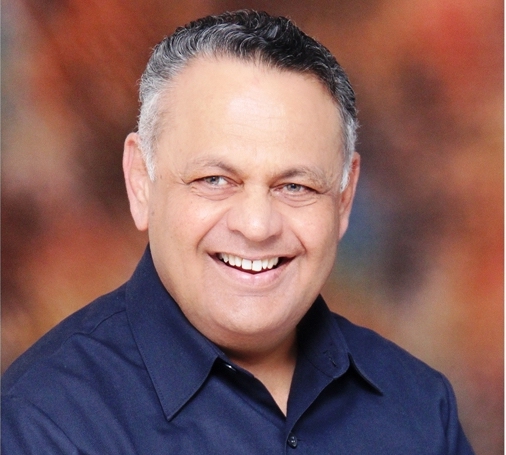

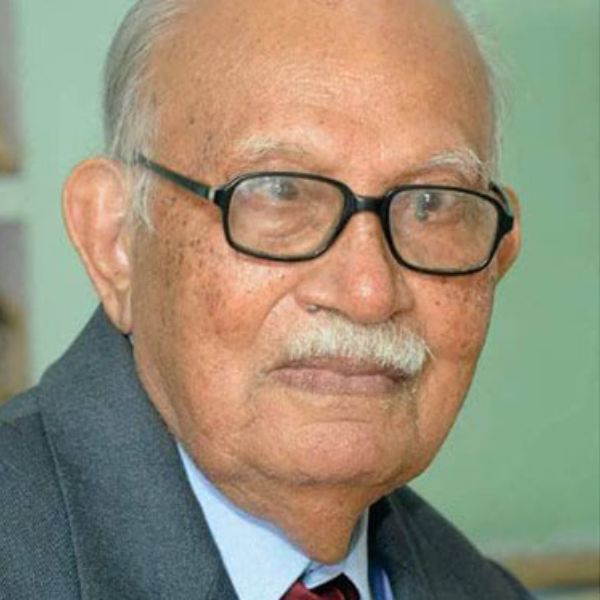
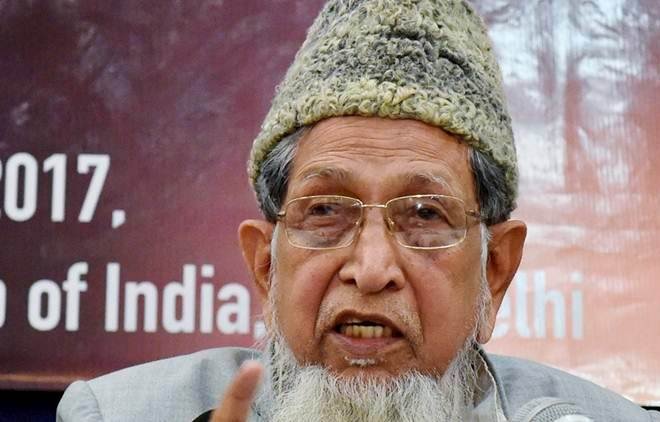
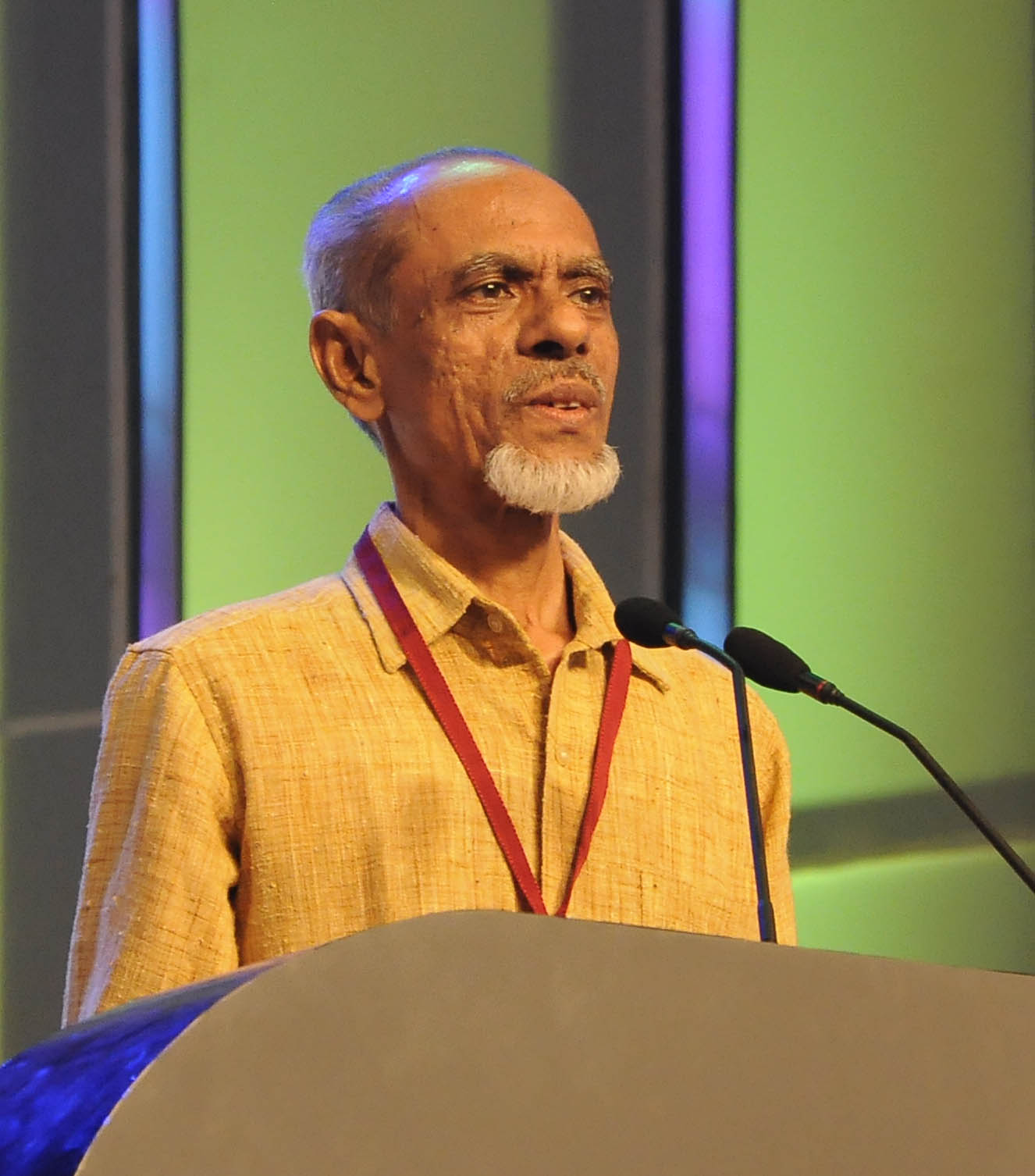
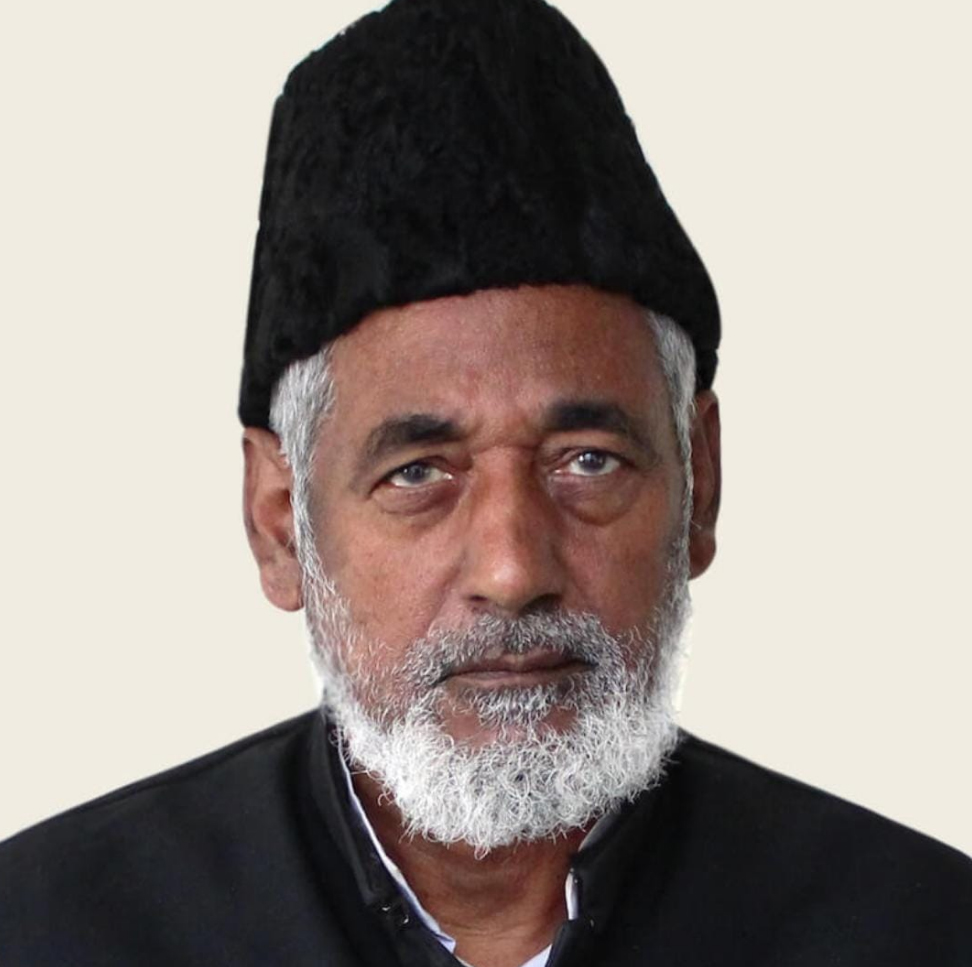
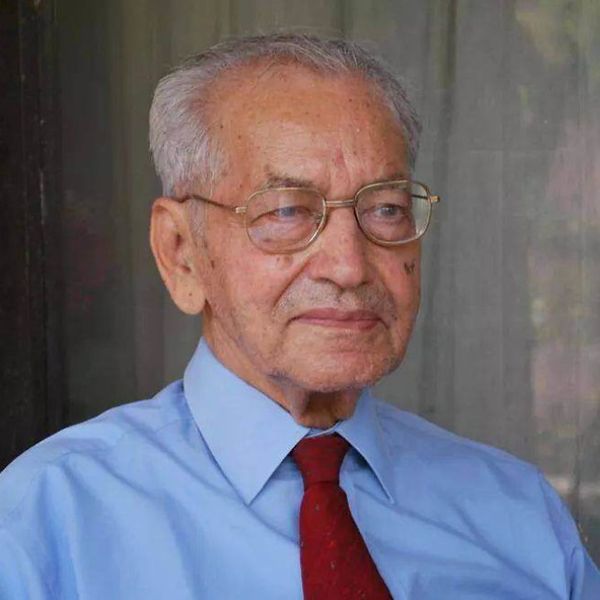
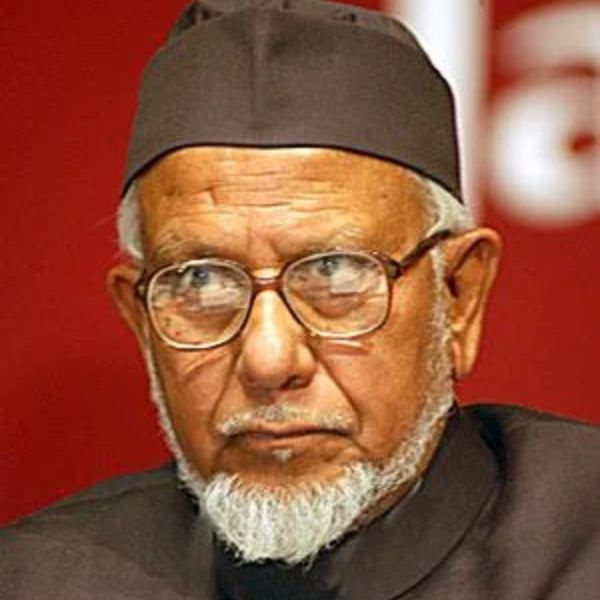
 Siraj Hussain IAS (Retd.)
Siraj Hussain IAS (Retd.)